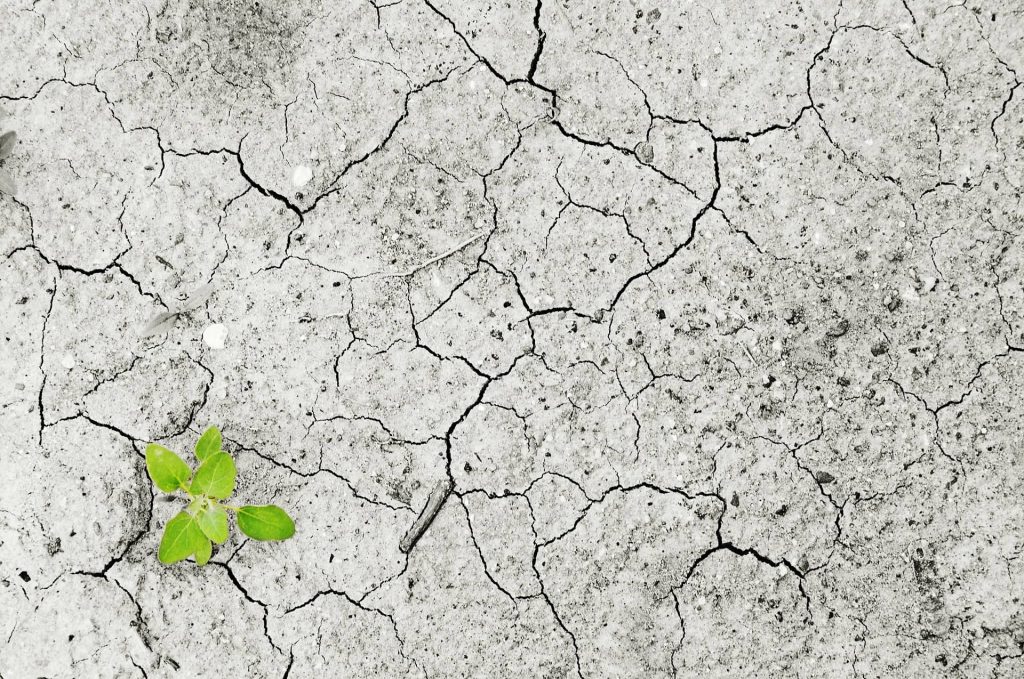Written by Sanika Joshi

Climate change is a pressing issue affecting the future of our planet and happening right now as you read this article. The term “climate change” refers to the change in the average warming or cooling of the planet over a long period of time [1]. National Aeronautics and Space Administration (NASA) has observed that the climate of the planet has increased by an average of one degree. Even though this change may be small, it can severely damage life on earth [1].
Climate change is primarily caused by the emission of greenhouse gases. Global warming or increase in the average temperature of the earth’s atmosphere is said to be the result of the “greenhouse effect” [2]. This is when greenhouse gases such as carbon dioxide, methane, and chlorofluorocarbon accumulate in the earth’s atmosphere and block heat radiation towards space [2]. The increase in the production of greenhouse gases is a direct result of the increasing human activity since the industrial revolution, specifically the burning of fossil fuels such as coal and oil [2]. The Intergovernmental Panel on Climate Change consisting of 1,300 distinguished scientists from around the world have stated in their Fourth Assessment Report that carbon dioxide levels in the earth’s atmosphere have increased from 280 to 400 parts per million in the last one-hundred-fifty years [3]. Additionally, they have also stated that there is a ninety percent probability that greenhouse gases particularly those produced by human beings are responsible for the increase in temperature of the earth [3].
Furthermore, it is important to understand how climate change is affecting our planet currently. The increase in the earth’s temperature by only one degree has led to the rise in ocean levels, the melting of glaciers at the poles, and even change in the migratory behavior of animals [4]. In addition, the average precipitation rate and the intensity and frequency of hurricanes are expected to increase due to warming of the earth [2]. One study has even shown that vertebrates are becoming extinct 114 times faster than ever before, and this is primarily due to the increase in pollution, global warming, and man-made activities [5].
Therefore, climate change is severely impacting our planet today and it will continue to negatively affect the earth unless we all take steps now to cut down our energy consumption. The most important action an individual can take is to reduce their carbon footprint. This can be done in simple ways such as carpooling to school or even driving fuel-efficient vehicles to reduce gas consumption [6]. Other ways include installing LED light bulbs and using renewable energy options to power homes [6]. Eating vegetarian food also decreases energy consumption and reduces food waste [6]. Thus, even the smallest actions taken by human beings, will make the biggest difference to our planet.
In essence, it is critical to understand the consequences of climate change and take immediate action to save our magnificent planet.
References:
1. “What are climate and climate change?” (2011). National Aeronautics and Space Administration.
2. “Climate Change: Vital signs of the Planet” (2016). National Aeronautics and Space Administration.
3. Pachauri, RK and Reisinger, A. (2007). “Fourth Assessment Report: Climate Change 2007”. Intergovernmental panel on Climate Change.
4. “Effects of Global Warming” (2016). National Geographic.
5. Ceballos, G., Ehrlich, P. R., Barnosky, A. D., García, A., Pringle, R. M., & Palmer, T. M. (2015). Accelerated modern human–induced species losses: Entering the sixth mass extinction. Science advances. 1(5)
6. Denchak, M. (2016). “How You Can Stop Global Warming”. National Resources Defense Council.